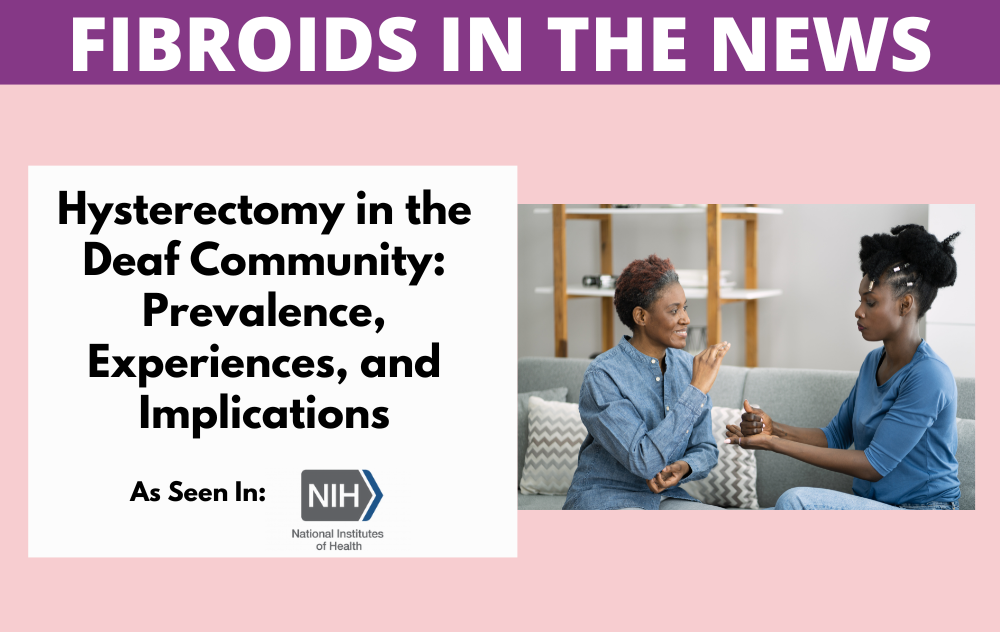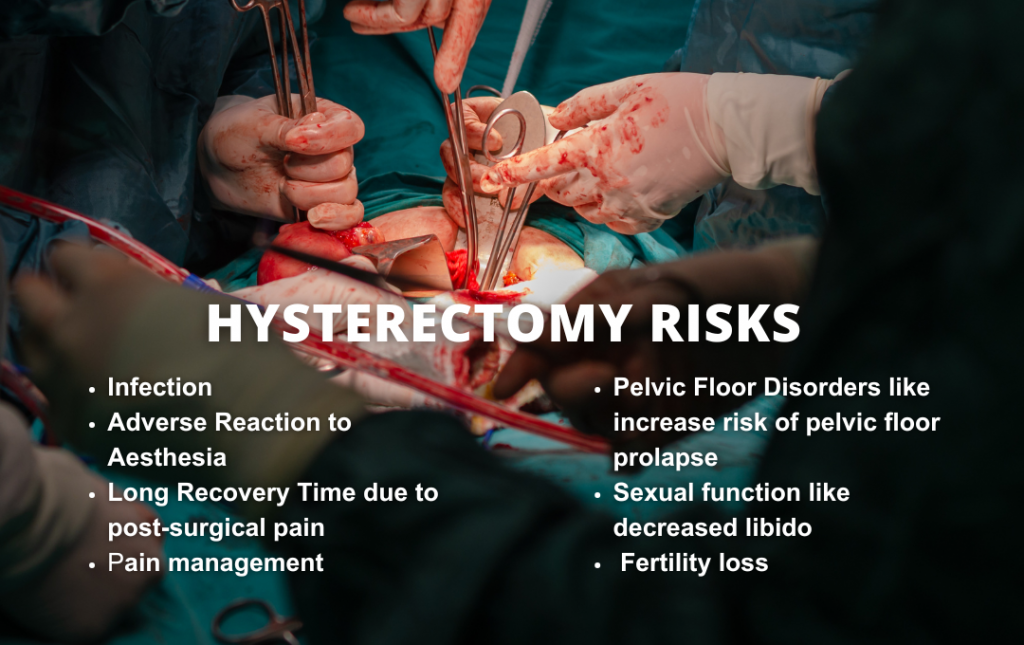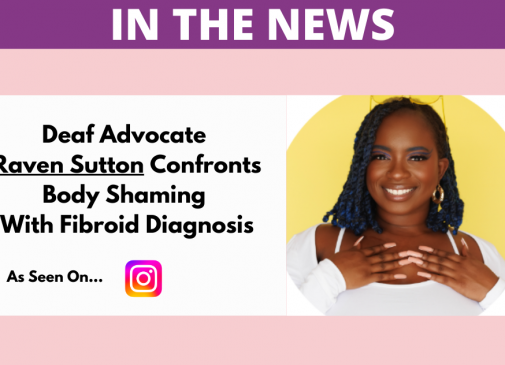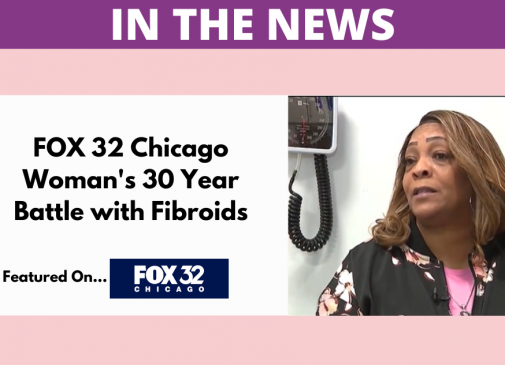
A recent study published in the National Institutes of Health (NIH) has brought attention to the prevalence of hysterectomy among deaf women in the United States who use American Sign Language (ASL) and explored their experiences with the procedure. The research, utilizing a mixed-methods approach, combined quantitative data from surveys with qualitative insights from in-depth interviews.
The study, which aimed to establish the prevalence of hysterectomy in the deaf women population and understand their healthcare experiences, found that 34% of the 195 deaf women surveyed had undergone a hysterectomy. This significant finding underscores the importance of focused research on the health experiences of this community.
Furthermore, the study identified several factors associated with an increased likelihood of hysterectomy among deaf women. These included older age, identifying as African American/Black or Latina, being married or living with a partner, and being overweight or obese. The study also noted that women who communicated with their doctors through English writing or other means, rather than primarily through ASL interpreters, were also more likely to have had a hysterectomy.

The qualitative portion of the study delved into the experiences of deaf women leading up to, during, and after their hysterectomies. Key themes that emerged from the interviews included communication challenges with their obstetrician/gynecologist (OB/GYN), the decision-making process surrounding the surgery, the information they received about hysterectomy, and their perceived quality of life before and after the procedure.
Researchers speculated that the communication barriers, including a lack of readily available and qualified ASL interpreters and a lack of experience among clinicians in working with deaf patients, may contribute to the observed trends. They highlighted that deaf sign language users often face more difficulty accessing health information compared to hearing individuals whose primary language is English.
The study concludes by emphasizing the need to prioritize the specific needs of deaf women throughout the entire hysterectomy process. This includes ensuring effective communication through qualified ASL interpreters, providing accessible and culturally sensitive information, and fostering a better understanding among healthcare providers of the unique challenges faced by deaf patients. Addressing these needs may significantly improve the overall experience and patient-clinician communication for deaf women undergoing a hysterectomy.
This research serves as a stepping stone in understanding the specific healthcare requirements and experiences of deaf women, paving the way for more equitable and accessible gynecological care. Advanced research is encouraged to explore these findings in more detail and to develop interventions that address the identified disparities.
For more information, read the complete study here.
About Fibroid Fighters
Fibroid Fighters is a public welfare organization created to raise public awareness about fibroids’ social, economic, and health impacts so that we can destigmatize the condition, encourage open conversations around fibroids, and advocate for better support systems. We believe women deserve to be equipped with the knowledge and resources to navigate fibroids with confidence and access the best possible care.







